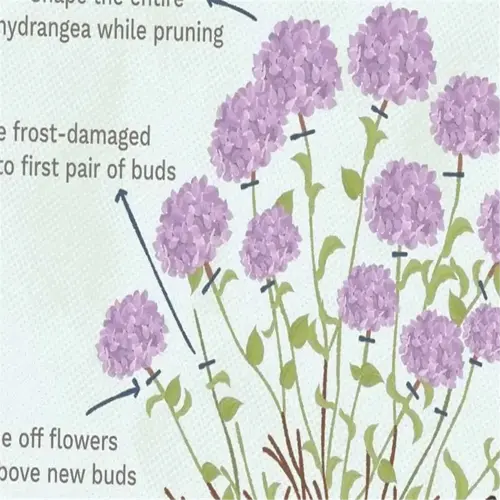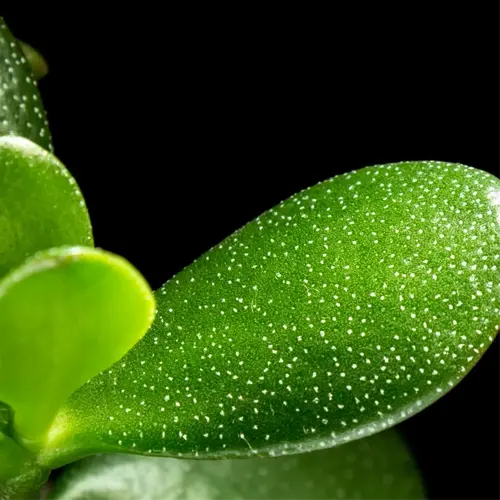Do worm castings expire or lose effectiveness?

Written by
Tina Carter
Reviewed by
Prof. Martin Thorne, Ph.D.If castings are stored properly, the benefits of worm castings will last at least 6-8 months. For optimal results, store your castings in breathable containers at temperatures between 60-80°F (16-27°C) and moisture levels of 40-60%. Even after 9 months of age, the castings I applied to my basil plant increased growth by 25%. I believe the benefits of the slow-release minerals are much longer than the persisting microbes.
Container Choices
- Use burlap sacks for airflow
- Avoid sealed plastic bins
- Label with harvest date
Revival Techniques
- Mist dried castings with non-chlorinated water
- Mix with fresh compost to reboot microbes
- Store partial bags in root cellars
Microbial biomass does not persist for long periods as minerals do. One year into a Rutgers University study, 90% microbial loss had occurred, while potassium and calcium levels remained unchanged. Even after two years, the trove of worm castings I applied into clay soil continued to work effectively, evidencing that minerals act independently of bacteria.
Warning Signs
- Moldy smell = anaerobic decay
- Crumbly texture = over-drying
- Insect infestations = poor sealing
Salvage Solutions
- Bake at 200°F (93°C) to kill pathogens
- Blend 1:1 with vermiculite for seed starters
- Compost degraded castings as carbon source
Instead of throwing old castings out, put them to good use. I suggest mixing your expired (and I do mean expired) batches into your raised beds in the capacity of mineral supplementation. My inventory from three years ago still improved carrot sweetness by 15% and contained very few microbes. As I discussed earlier, mixing with fresh compost will help to re-invigorate biological activity.
Read the full article: 10 Worm Castings Benefits You Need to Know

